Development & EA - November 2024
Tariffs, dysentery, fertility and headaches
Top Posts
China will eliminate tariffs for goods from 43 countries classified as the world’s least developed starting in December
UK aid on track to stay at 0.5% for rest of the decade
Quantifying the global burden of extreme pain from cluster headaches
eukaryote - I got dysentery so you don’t have to
Alice Evans - Why is Fertility collapsing, globally?
Open Philanthropy
OP is supporting ACF, CARE, CRS, Mercy Corps and Save the Children to conduct 100 cost analyses
How Platinum helps draw attention to Japan’s Role in global health funding - the third largest single-country donor
Events
15-17th November - EAGxVirtual 2024
22nd-24th November - EAGxAustralasia
14-15th December - EAGxSingapore
Foreign Aid
Ian Mitchell - What does the UK Budget mean for international development?
Official Development Assistance will fall by around £1.6 billion in 2024
Around a quarter of the ~£14 billion total will be spent on refugees at home
There is a £1 billion increase pencilled in for the Foreign Office in 25/26
The budget confirms the new fiscal rules won't apply to the 'fiscal circumstances' test for returning aid spend to the UN target level
Our World in Data with an updated page on Foreign Aid
CGD - The 2024–2025 Replenishment Traffic Jam
Economic Growth
The Growth Summit brought together leaders in philanthropy, research and practice to reassert economic growth as a central focus for development
Ken Opalo - China as a Model Development Partner - A case for African states to embrace the deliberate pursuit of modernity and structural socio-economic change (and learn from China's experience while at it)
Ethiopia earns over $500m from coffee exports in Q1, a historic high
The EU is increasing tariffs on Chinese-built electric vehicles to as much as 45.3%. And after the US expanded trade tariffs to include factories in Vietnam, Chinese solar firms are opening factories in Indonesia and Laos
Development Finance
DFC commits more than $12 billion in 2024 to address foreign policy and development priorities
$350 million to strengthen energy security through wind power in Türkiye
$340 million to enable financial services company Konfio to increase lending to SMEs in Mexico
$200 million to Nigeria Mortgage Refinance Company
$200 million to contribute to small businesses and women in Ecuador
$100 million to increase lending to small and medium-sized women-owned and -led businesses in Nigeria
$75 million to enable $150 million in new loans to be issued to small businesses across the Philippines
$50 million to Emerging Markets Infrastructure Fund with a primary focus on ports, logistics and digital infrastructure across Africa and Asia
$50 million to increase investment in renewable energy infrastructure projects in high-growth markets focused on large-scale onshore and offshore wind, solar PV, storage, and Power-to-X greenfield projects
$40 million to middle-market companies across Africa. Will help portfolio companies to professionalise management practices, expand geographic footprint, improve ESG standards, and promote gender diversity and climate efficiency
MCC, Zambia Sign $491m compact to advance agriculture sector
Kenya’s foreign direct investment in 2023 falls to $335m from $710m million
Standard Chartered and BII announce the signing of a $350m risk participation agreement. Aiming to bolster the trade finance needs and boost economic growth across Africa and South Asia
CGD - Five steps MDBs can take now to unlock pandemic financing
Startups & Business
Morocco's phosphates and fertiliser giant OCP and French energy firm Engie signed a preliminary agreement for projects that could generate investments in Morocco worth up to $18 billion in desalination, renewable energy and green hydrogen
Emeka Ajene - Seven of Africa's eight unicorns are fintechs. Why is that?
Techstars Lagos shuts down after two years and 24 investments
Interview with Vicente Zavarce, the founder of Yummy, a Venezuelan app offering transportation, delivery and merchant enablement
Senegalese investor raises one of Africa’s largest female-led funds for startups
AI, Data & Development
Max Roser - “The World Bank's data portal for poverty, inequality, and growth data has gotten much better!”
Open Philanthropy - How Neil King and David Baker are using AI to create more effective vaccines
Google is providing $5.8m for AI and cybersecurity training this year across Kenya, Nigeria and South Africa
Frontier Tech Hub - Invitation to Tender: Exploring Frontier Technologies Beyond the Hype
Darli acts as a mentor for farmers, using AI to translate and instantly give solutions to common problems. Since March 2024, it has been used by 110,000 farmers in 27 languages
Pan-african talent cloud tech company Gebeya partners with NVIDIA to upskill 50,000 developers in Africa
Bill Gates - The future of public infrastructure is digital
Smart GeoSeals pilot report - using technology to improve humanitarian supply chains
Charities
Cost-effectiveness analysis of Lafiya Nigeria intervention
A new top donation opportunity in Brazil: save a life for $12.5k
Infrastructure
Algeria is investing $5.4b to expand its desalination infrastructure
Harry Rushworth - updates on new infrastructure being built around the world
The Tanger Med Port in Morocco is to be expanded. It’s the busiest port in the Mediterranean
Hanoi has one of the most ambitious metro programmes outside of China with an aim for around 400km of railways to be built, for less than $40b
Tanzania’s new railway terminal in Dar es Salaam has opened, the starting point of a 2,560km railway envisaged to connect key cities and link up with neighbours Burundi, Rwanda and the DRC
India
Access to electricity in India is now nearly universal - in 2000, only 60% of the population had access to electricity. By 2021, this figure had risen to 99.6%
Data For India have launched their newsletter
China confirms pact with India to ‘resolve’ conflict over disputed border
Pandemics & Biosecurity
Pandemic Fund raises $982m in new commitments from governments and an additional $1.8b in co-financing from international partner organisations
Asimov Press - The Forgotten Pandemic (TB)
Open Philanthropy supported research in Stanford from 2020 on programmable drugs to respond to future pandemics. Now BARDA is going for it with a contract up to $313m (suggesting philanthropy can bridge translation gaps)
Sentinel Bio has launched - A philanthropic fund aiming to find and scale solutions to prevent biosecurity risks and respond to pandemics
Announcing: biosecurity.world
If far-UV is so great, why isn't it everywhere?
Anonymous answers - What are the best ways to fight the next pandemic?
Saloni Dattani - HPV vaccination: How the world can eliminate cervical cancer
Malaria
More than 6.1 million malaria cases have been recorded in Ethiopia this year compared with 4.5 million cases for all of 2023
Nigeria will become one of the first countries to roll out a new malaria vaccine after receiving a first batch of 846,200 doses
Deena Mousa - In malaria endemic regions, being anemic could be keeping children safe
Agriculture
On the Frontier of Sustainable Agriculture - Hydroponics
Zion Lights - Organic Farming Activism threatens millions - and the environment
Health
IPEN - Countries with lead paint bans continue to export key lead paint ingredient
Saloni Dattani - How do global statistics on suicide differ between sources?
Our World in Data - Cancers are one of the leading causes of death globally. Are we making progress against them?
Launching the Health Progress Hub (and how you can help us!)
Witold Więcek - Resolving the Deworming Paradox: Rethinking Deworming Campaigns for Children
Environment
Giving Green’s 2024 top climate nonprofits and Giving Green Fund grantees
Can solar costs keep Shrinking?
12 countries in Africa are ready for EVs
Corruption, Conflict & Democracy
Botswana president concedes defeat in election after party’s six-decade rule
Study on the Tobacco industry CSR activities and interference after ratification of a strong tobacco law in Ethiopia
Launch of the Ibrahim Index of African Governance 2024
Over the last decade, there is progress for just over half of Africa’s population, living in 33 out of 54 countries
The rise of the mbingas - “Many of Zimbabwe’s rich are vessels for the ruling party’s looting of state coffers. Commonly called ‘mbingas’, for their penchant for the good life”
Innovation & Metascience
Dario Amodei - Machines of Loving Grace - How AI Could Transform the World for the Better
Science
Fraud, So Much Fraud
2024 Progress Conference
Metascience at the Progress Conference and how progress studies should be thinking about science
I Went to Berkeley, California, and All I Got Was a Vibe
Abhishaike Mahajan - Things I learned talking to the new breed of scientific institution
Effective Giving
Luke Freeman - Stepping down from GWWC
Sjir Hoeijmakers - Thoughts on earning to give (Meta Coordination Forum memo)
Joey
Expectations Scale with Scale – We Should Be More Scope-Sensitive in Our Funding
Funding Diversification is a Tradeoff
Funding Circles: A Guide to improving donor coordination
EA Forum - Giving Season 2024 Announcement
Effective Altruism
Zachary Robinson - CEO of CEA
Reflections and lessons from Effective Ventures
Three journeys for effective altruism
Meta Coordination Forum 2024: Post-Event Summary
EA Brazil 2024 Summit Retrospective
Retrospective on EA Nigeria Summit: Our Successes and Learnings
EA South Africa Summit
Other Links
Inequality within countries is falling
The Good Governance Project is offering free support to identify and select board members for high-impact organisations
Consultants for Impact
From McKinsey to GiveDirectly and back again (with more skills!)
How much is a dollar worth to a GiveWell accountant? With Daisy Hao
Probably Good - A new interview series with people doing impactful work
Good News
Egypt is certified malaria-free
Elimination of trachoma as a public health problem in Vietnam

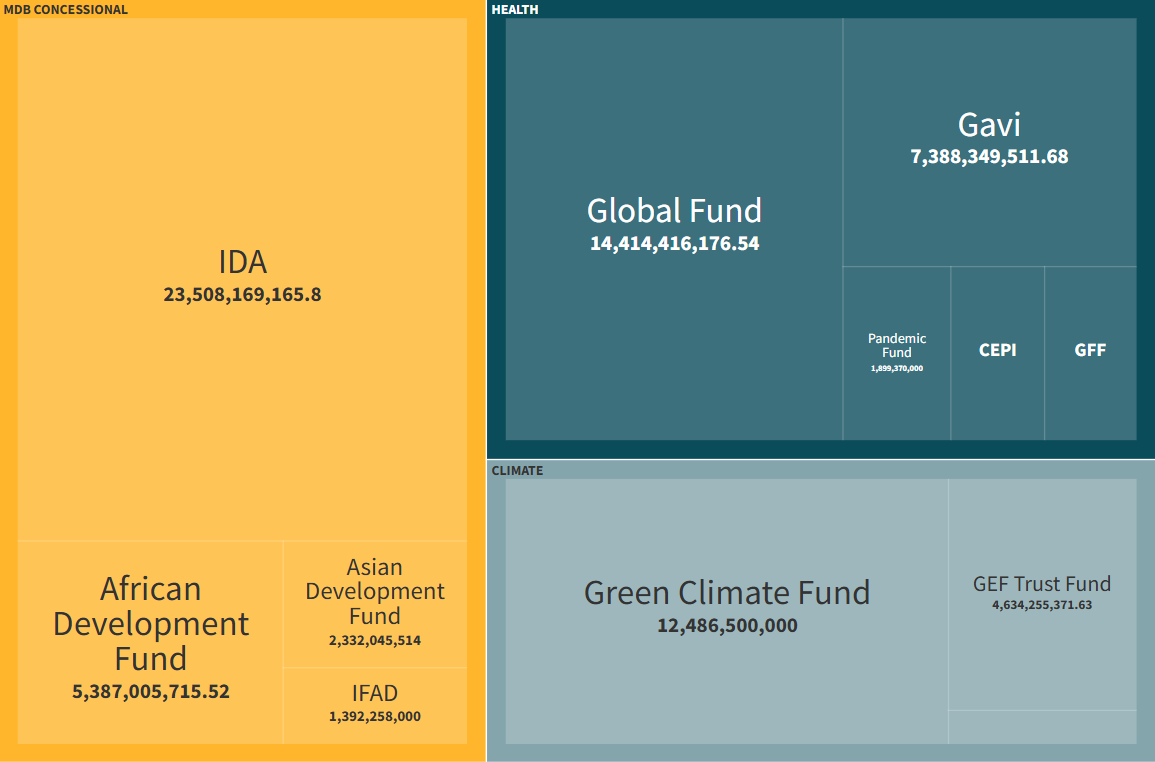
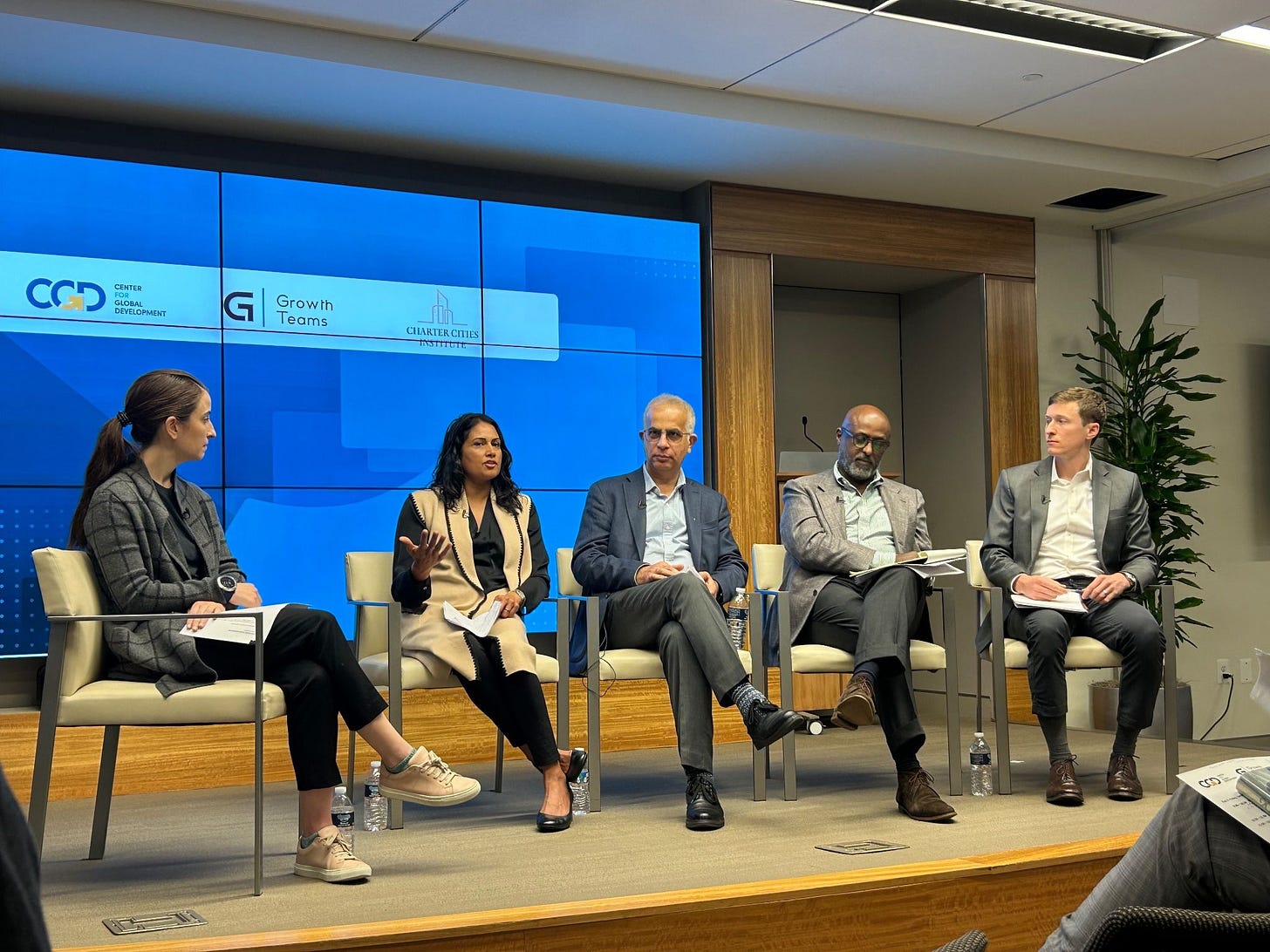
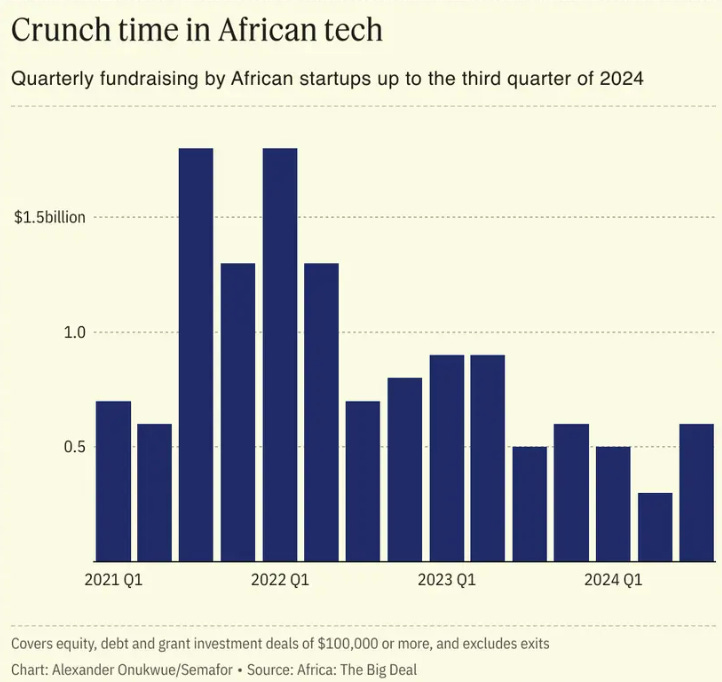
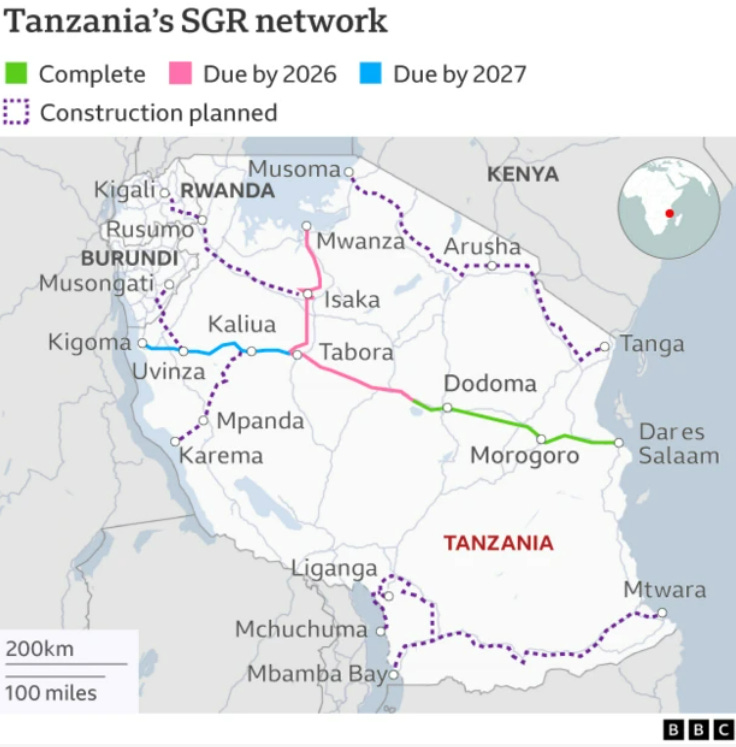
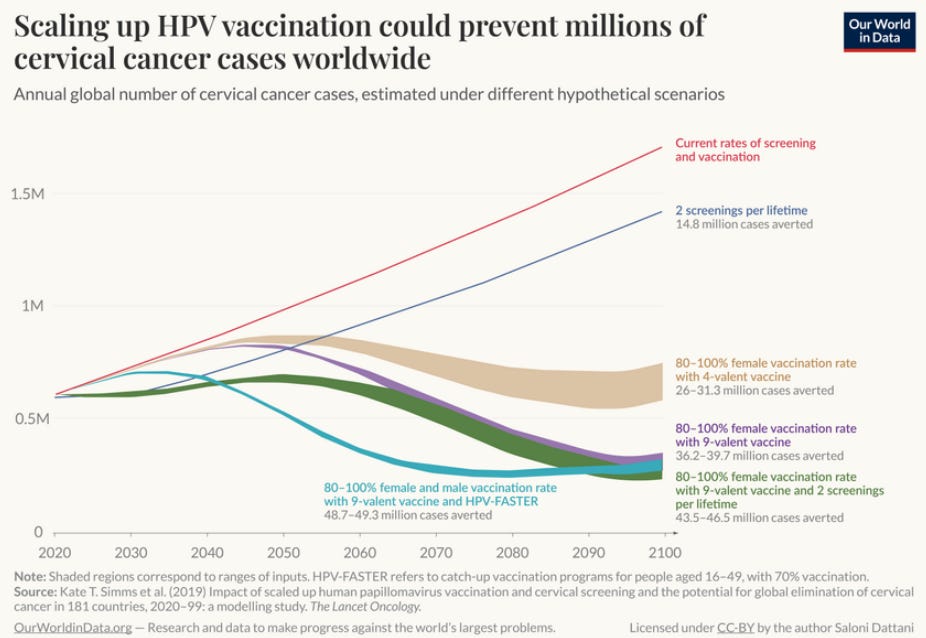
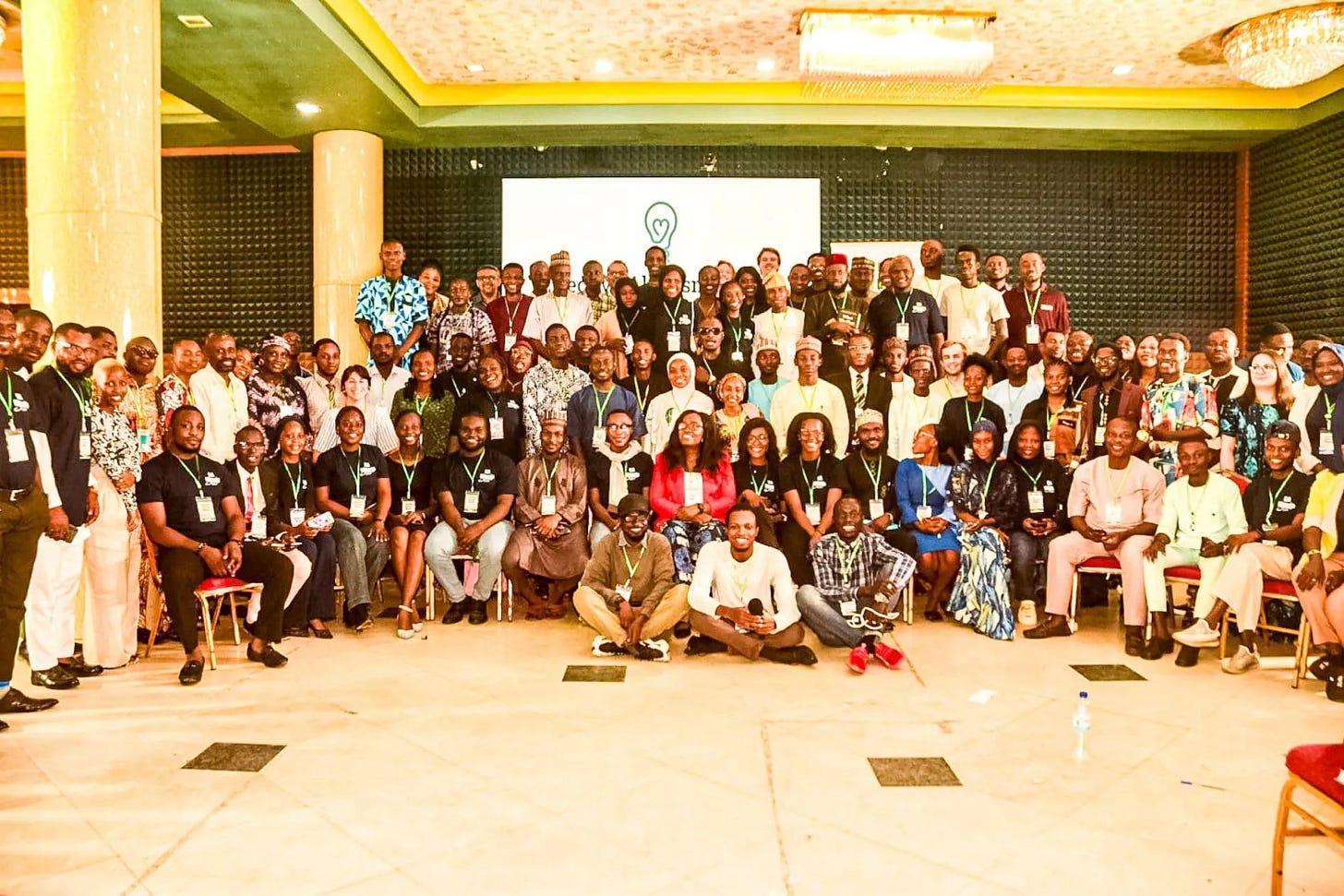
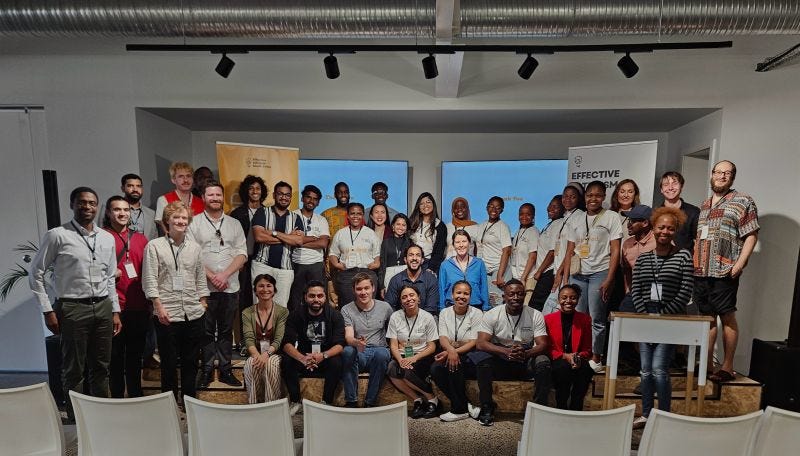
> Zion Lights - Organic Farming Activism threatens millions - and the environment
I initially found this article thought-provoking. After discussing it with others, I find that it is rather biased towards the author's ideology, to the point of being misleading.
First the good points: The article praises the green revolution, and how it led to substantial yield increases particularly in developing countries. The article also accurately reports that Sri Lanka banned chemical fertilizer imports in 2021, and had its worst economic crisis yet in 2022.
The misleading or incomplete points: The article oversimplifies the cause of Sri Lanka's economic collapse by attributing it primarily to the fertilizer ban. It fails to mention other crucial factors, such as COVID-19, pre-existing foreign debt problems, poor fiscal management, impact of the Ukraine war on global food and fuel prices, etc. The article creates a semblance of causality which does not withstand scrutiny.
While the article makes valid points about land-use efficiency, it presents a somewhat false dichotomy between conventional and organic agriculture. It oversimplifies organic farming and does not take into account the challenges facing developing countries in agricultural modernization. It does not mention that the climate disasters that contribute to Sri Lanka's crisis are also linked to overly intensive agriculture and industry.
I also want to mention the article's origin. I admit this is a bit of an ad-hominem attack, but given how controversial the source is, it's important to be aware. HumanProgress.org is a project of the Cato Institute with major support from the John Templeton Foundation and the Searle Freedom Trust (see https://humanprogress.org/about/). The Cato Institute belongs to Charles G. Koch, a US billionaire who got rich with (among other things) fertilizer production. Both the Cato Institute and John Templeton Foundation are involved in climate change denial activism.
Maybe future editions of this newsletter could do a bit more fact-checking and a slightly more careful selection of articles ;-) Anyway, thank you for the pointers and the good discussions and thoughts that followed my reading of them.